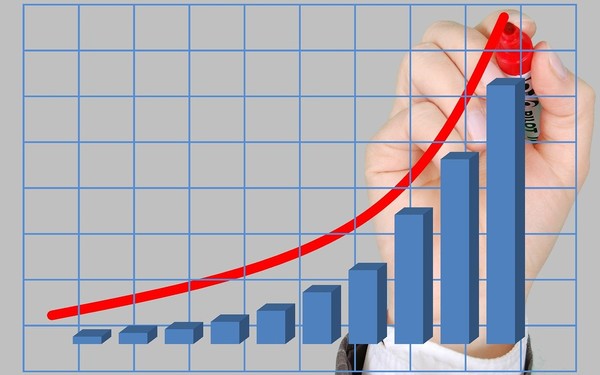The year 2023 marked significant transformations in the medical and pharmaceutical sectors. Despite facing resistance from the medical community, President Yoon Suk Yeol's administration declared its intention to increase the number of medical school seats starting in 2025. Additionally, 2023 witnessed the opening of the digital therapeutics market. The initiation of telemedicine this year led to an ongoing conflict between the medical community, opposing such practices, and the Ministry of Welfare, advocating for them, expected to persist into 2024. In the pharmaceutical industry, numerous domestic companies ventured into the global market. Korea Biomedical Review has compiled the 10 most noteworthy healthcare developments in 2023. -- Ed.

Korea, like the rest of the world, could not escape the grip of the global economic downturn. The sluggish economy triggered a decline in investments within the pharmaceutical industry, and some even called it a "drought in bio investment." While concerns loomed over the potential impact on new drug development investments, some encouraging news surfaced.
Chong Kun Dang and Orum Therapeutics "hit a jackpot" by clinching large licensing-out deals with multinational pharmaceutical companies.
In November, Chong Kun Dang inked a technology export agreement valued at $1.35 billion with Novartis Pharma AG for its new drug candidate CKD-510.
Novartis gained exclusive rights to develop and commercialize CKD-510, a small molecule histone deacetylase 6 (HDAC6) inhibitor in global markets, excluding South Korea. Chong Kun Dang will receive a non-refundable upfront payment of $80 million, along with milestone payments of $1.225 billion and sales royalties based on future development and approval milestones.
Also in November, Orum Therapeutics agreed with Bristol Myers Squibb (BMS) to transfer the rights to ORM-6151, an anti-CD33 antibody-based GSPT1 protease—an antibody-drug conjugate (ADC) drug that has recently gained traction. Under this deal, BMS made an upfront payment of $100 million to Orum Therapeutics and acquired the rights to ORM-6151, with the potential for additional milestone payments of up to $180 million.
The significance of these technology exports lies in the affirmation that domestic pharma and biotech companies possess global competitiveness, reaffirming that investments in drug development are well-placed.
Chong Kun Dang's journey, realizing results 13 years after initiating research on CKD-510, and Orum Therapeutics securing a global technology export contract despite limitations as a privately held biotech company, underscored the industry's resilience.
The news of Korean pharma companies signing licensing deals with global pharmaceutical giants has positively influenced investment sentiment in the pharmaceutical and biotech industries.
Indeed, Chong Kun Dang shares rose sharply following the announcement of the licensing deal.
Related articles
- [Top 10 Healthcare News in 2023 ③] The evolution of digital therapeutics in 2023
- [Top 10 Healthcare News in 2023 ②] Controversial Medical License Revocation Act sparks calls for amendment
- [Top 10 Healthcare News in 2023 ①] Korea to expand medical school quotas starting from 2025
- [Top 10 Healthcare News in 2023 ⑤] Telemedicine pilot project starts without law amendment
- [Top 10 Healthcare News in 2023 ⑧] Alarm bells of collapsing essential care were heard everywhere
- [Top 10 Healthcare News in 2023 ⑦] Korean CDMO companies show strong presence in global market
- [Top 10 Healthcare News in 2023 ⑨] Korean pharmaceutical companies expand foothold in global markets
- [Top 10 Healthcare News in 2023 ⑩] Controversy continues over drug quality amid frequent mislabeling

